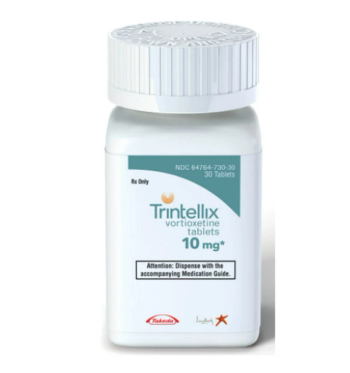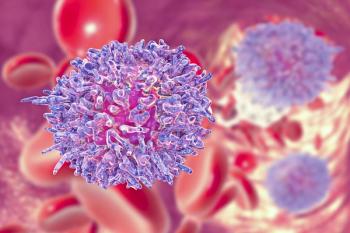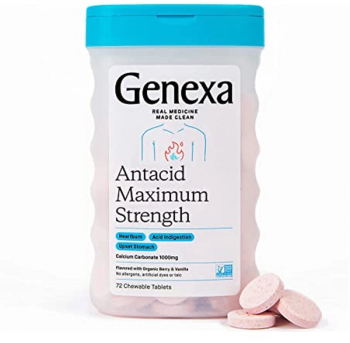
Jen Diehl, CPA, discussed some common financial concerns for independent pharmacies and where she sees the landscape heading in the future.

Jen Diehl, CPA, discussed some common financial concerns for independent pharmacies and where she sees the landscape heading in the future.

In the fifth episode of Coffee With Suzy, Suzanne Soliman, PharmD, BCMAS, sat down with Joanna Lewis, PharmD, MBA and Christina Madison, PharmD, FCCP, AAHIVP.

Sachin Nagrani, MD, the medical director of Heal, discusses his predictions for the future as we continue to fight the COVID-19 pandemic.


Pharmacists can use these toolkits to answer questions and make clinical designs for medication therapy management services.

Pharmacy technicians are continuing to prove their worth as pharmacies shift their focus to the future, according to Jessica Langley-Loep, executive director of education and advocacy at the National Healthcareer Association.

Although pharmacotherapy is considered for the treatment of insomnia, medication should not be the sole treatment for individuals diagnosed with insomnia.

Tom Wheelwright, CPA, founder and CEO of WealthAbility, discussed his perspective on taxes and how pharmacies can use them to their advantage.

Although prevention decreased with time, a third booster dose was still highly effective at preventing severe illness with COVID-19.

Data from the CALIBRATE and CAPELLA trials show high rates of virologic suppression with the capsid inhibitor.

The drug combination reduced the risk of disease progression by 34% versus the standard of care in first-line metastatic castration-resistant prostate cancer, clinical trial results show.

The variants include Alpha, Beta, Gamma, Delta, and Omicron, and the laboratory results are consistent with other analyses.

Gold Bond Ultimate treats or prevents dry, rough, scaly, itchy skin, as well as minor skin irritations.

The best start for improving medication adherence in the pharmacy is initiating the conversations with patients that are necessary for their health.

Vortioxetine (Trintellix) treats major depressive disorder in adults.

Pharmacy Development Services business coach Patrick Lott discussed the impacts that a positive culture and effective leadership can have both on employee satisfaction and patient outcomes.

PDS founder and executive chairman Dan Benamoz, RPh, discussed a few of the most exciting speakers and opportunities happening during the conference.

Marci Strauss, PharmD, discussed how pharmacists are reacting to the ongoing shift toward performance-based reimbursement models.

Dan Benamoz, RPh, founder and executive chairman of PDS, and Chip Phillips, CEO, discussed their plans for the meeting and what they're focused on for the future of pharmacy.

Cohort H of the phase 1b/2 EV-103 trial enrolled patients with MIBC who were eligible for surgical treatment but ineligible for cisplatin-based chemotherapy.

Rachel Rubin, MD, an assistant clinical professor in urology at Georgetown University and a urologic surgeon, discusses some of the common practices for the treatment of hypoactive sexual desire disorder in women and men.

Sachin Nagrani, MD, the medical director of Heal, discusses what pharmacists should know about the Omicron variant and other variants popping up globally.

But results of analysis show that the positive effects of vaccination still outweigh the potential adverse events.

The investigators identified this in 9% of relapsed cases of pediatric acute myeloid leukemia, but it also was present in primary samples.

This month's generic product news features sertraline hydrochloride, calcitonin salmon injection, and arformoterol tartrate inhalation solution.

Dalpiciclib added to fulvestrant (Faslodex) was found to significantly prolong progression-free survival compared with fulvestrant monotherapy in patients with hormone receptor–positive, human epidermal growth factor receptor 2-negative advanced breast cancer.

Tooth decay and loss, periodontal disease increase the risk of developing chronic conditions.

The safety of an anti-coronavirus hyperimmune intravenous immunoglobulin may be influenced by whether an individual is able to naturally generate SARS-CoV-2-neutralizing antibodies.

Just 2 of 41 nutritionists interviewed reported using a validated screener, while 4 others said they use other tools, such as screening questions developed by other organizations, results show.

Genexa provides relief for the symptoms of heartburn, acid indigestion, and sour stomach.